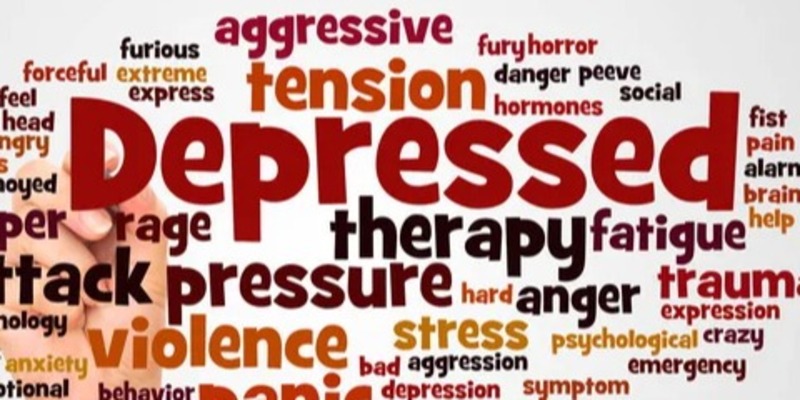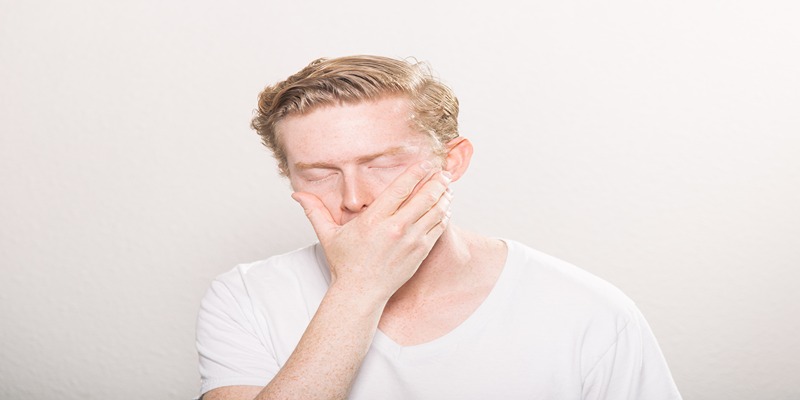Blood pressure refers to the force with which blood flows through the arteries. It is a crucial aspect of overall health, as high blood pressure can increase the risk of heart disease, stroke, and other serious health problems. Unfortunately, high blood pressure is a common condition affecting millions worldwide. The good news is that many effective ways exist to lower blood pressure and reduce the associated health risks. This article will explore the most effective strategies for maintaining healthy blood pressure levels. From lifestyle changes like diet, exercise, and stress management to medications and supplements, many options exist for people looking to improve their blood pressure. By implementing some of the techniques outlined in this article and working closely with a healthcare professional, individuals can take control of their blood pressure and improve their overall health and well-being.
Lifestyle Changes
One of the most effective ways to lower blood pressure is through lifestyle changes. These changes include adopting a healthy diet, increasing physical activity, and reducing stress. The blood pressure of people who eat a diet rich in fruits, lean protein, vegetables, whole grains, and low-fat dairy products drops significantly. Saturated and trans fats, salt, and added sugars are some other unhealthy nutrients that should be avoided or eaten in moderation.
Physical activity is also necessary for maintaining healthy blood pressure levels, with regular exercise reducing blood pressure by improving heart health and reducing stress levels. Stress management techniques such as meditation, deep breathing, and yoga have also effectively lowered blood pressure levels. By making these lifestyle changes and sticking to them over time, individuals can significantly improve their blood pressure levels and reduce their risk of severe health problems.
Medications And Supplements

Some medications and supplements can help lower blood pressure. Several types of drugs are available, including diuretics, ACE inhibitors, calcium channel blockers, and beta-blockers. These medications work by different mechanisms to help relax blood vessels and lower blood pressure. Working with a healthcare professional to determine the best medicine and dosage for each case is essential. In addition to medications, natural supplements such as omega-3 fatty acids, garlic, and coenzyme Q10 have shown blood pressure-lowering effects.
However, it is essential to note that supplements should only be used as a substitute for medication after consulting with a healthcare professional. In some cases, supplements may interact with drugs or cause adverse effects. Therefore, discussing supplements with a healthcare professional before beginning a regimen is essential.
Monitoring And Tracking Blood Pressure
Monitoring and tracking blood pressure regularly is essential for maintaining healthy levels and avoiding serious health problems. Individuals can monitor their blood pressure at home using a home blood pressure monitor purchased at a pharmacy or medical supply store. It is essential to follow the instructions carefully when using a home monitor and take measurements simultaneously each day. Smartphone apps can also help individuals track their blood pressure levels and monitor changes over time.
These apps can provide valuable insights and allow individuals to share data with their healthcare professionals. Regular blood pressure check-ups with a healthcare professional are also important, especially for individuals with pre-existing health conditions or risk factors for high blood pressure. By tracking blood pressure regularly and working with a healthcare professional to interpret the results, individuals can take control of their blood pressure and improve their overall health.
Additional Considerations

In addition to lifestyle changes, medications, and monitoring, other factors can affect blood pressure levels. Smoking and excessive alcohol consumption can increase blood pressure and the risk of severe health problems. It is essential to quit smoking and limit alcohol consumption to maintain healthy blood pressure levels. Sleep apnea, a common sleep disorder characterized by pauses in breathing during sleep, has also been linked to high blood pressure.
Treating sleep apnea using a continuous positive airway pressure (CPAP) machine or other treatments can improve blood pressure levels. Finally, getting enough sleep is essential for overall health and can help lower blood pressure levels. By addressing these additional considerations, individuals can improve their blood pressure levels and reduce their risk of severe health problems.
Conclusion
Maintaining healthy blood pressure levels is crucial for overall health and well-being, and there are many effective strategies for achieving this goal. Lifestyle changes such as a nutritious diet, regular physical activity, and stress management can all help lower blood pressure. Medications and supplements can also effectively manage high blood pressure, but working closely with a healthcare professional is essential when using these interventions. Regular monitoring of blood pressure, whether through home monitoring or check-ups with a healthcare professional, is also necessary for maintaining healthy levels. Addressing additional considerations such as smoking, alcohol consumption, sleep apnea, and adequate sleep can improve blood pressure levels and overall health.




